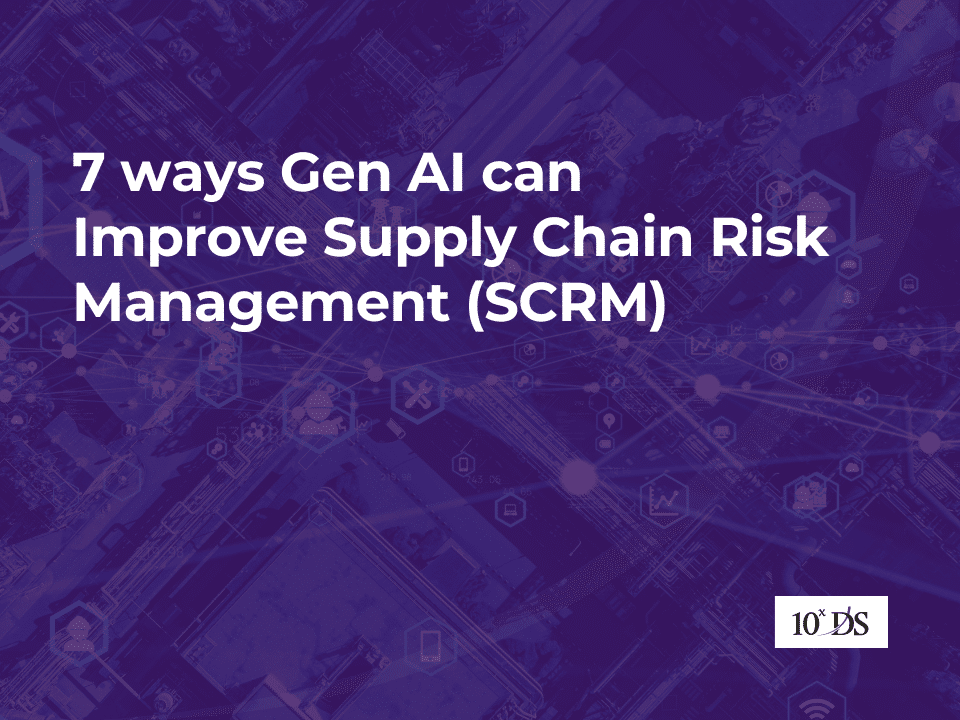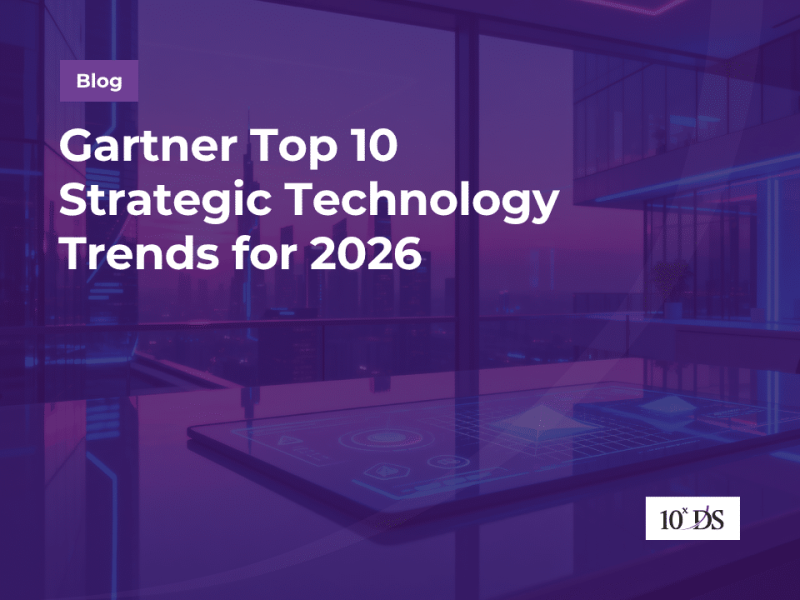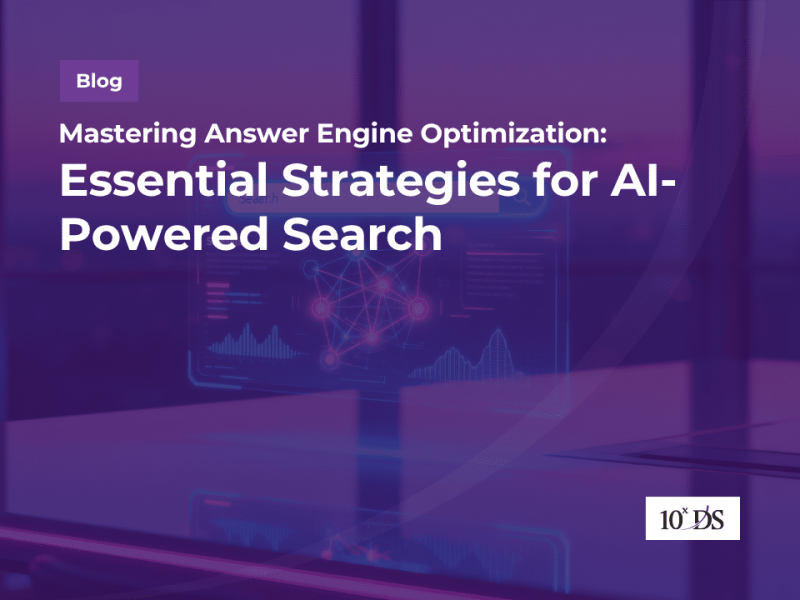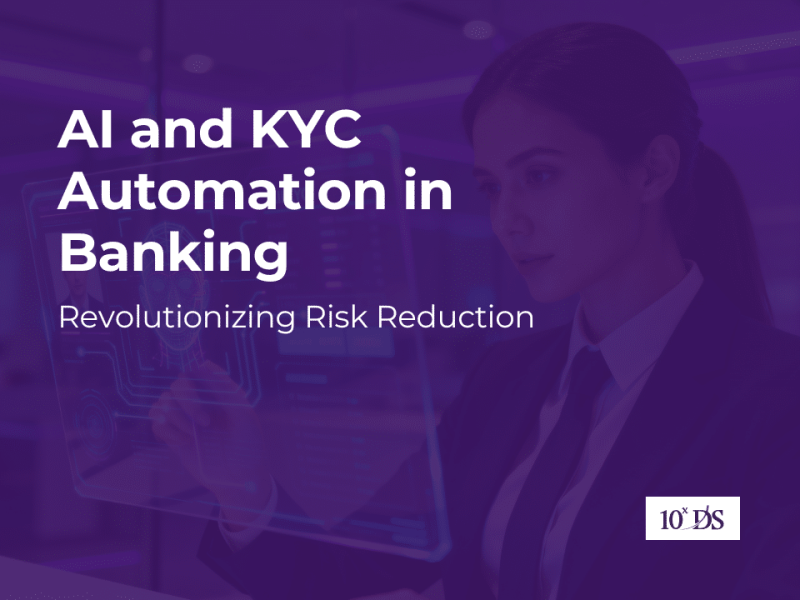
7 ways Gen AI can Improve Supply Chain Risk Management (SCRM)
Supply Chain Risk Management (SCRM) is the process of identifying, assessing, and mitigating risks in a company’s supply chain. It involves finding and addressing potential vulnerabilities within the supply chain network to minimize their impact on business operations, reputation, and financial performance. Here are some key points about SCRM:
Complex Supply Chains: In today’s globalized economy, supply chains have become increasingly complex and interconnected. Companies rely on a vast ecosystem of suppliers, manufacturers, distributors, and logistics professionals to deliver goods and services worldwide. However, this complexity also means that there are more points at which supply chain disruptions can occur.
Types of Risks: Both internal and external risks can affect supply chain operations. These risks may arise from natural disasters (such as earthquakes, hurricanes, or floods), geopolitical events (including war, trade disputes, and currency fluctuations), supplier bankruptcy, quality issues, and cyberattacks.
Contingency Planning: Risk management processes put contingency plans in place to limit the impact of disruptive events. For example, companies diversify their sources or investigate backup options to ensure a steady flow of materials or components in case of supplier instability.
Cybersecurity Threats: As supply chains increasingly rely on digital systems and communication technologies, they become vulnerable to cyberattacks. Ransomware attacks, malware, and breaches of sensitive supply chain data can halt production, delay distribution, and damage a company’s reputation.
Evolution of Supply Chain Risk Management
Supply Chain Risk Management (SCRM) has undergone a notable evolution, shaped by changing business dynamics, technological advancements, and external influences. Initially, SCRM efforts centered on identifying risks related to suppliers, logistics, and disruptions within the supply chain, often employing reactive measures rather than proactive prevention strategies. This early approach was characterized by fragmented risk assessment practices, with individual departments addressing risks in isolation, lacking a comprehensive view of the entire supply chain landscape.
However, as businesses recognized the imperative of a holistic approach, SCRM evolved towards integration and collaboration. Organizations began embedding risk management within their broader supply chain strategies, fostering partnerships with suppliers to share information and jointly mitigate risks. This shift emphasized understanding the interconnectedness of risks throughout the supply chain, moving beyond isolated risk events towards a systemic perspective. Technological advancements played a pivotal role, facilitating real-time monitoring, predictive analytics, and data-driven insights, empowering supply chain professionals to make informed decisions and manage risks efficiently through software solutions. Additionally, the concepts of resilience and agility gained prominence, with companies implementing strategies such as supplier diversification and redundancy to swiftly adapt to disruptions and mitigate their impact in an increasingly complex global landscape influenced by geopolitical tensions, natural disasters, and regulatory pressures.
How does Gen AI improve Supply Chain Risk Management (SCRM)?
Generative AI (Gen AI), which refers to the current generation of AI technologies and applications, is significantly impacting Supply Chain Risk Management.
1. Predictive Analytics and Early Warning Systems:
Gen AI harnesses the power of predictive analytics and early warning systems to fortify supply chain resilience. Through sophisticated predictive algorithms and machine learning models, AI models sifts through historical data, uncovering intricate patterns and trends. By continuously monitoring real-time supply chain data, AI algorithms can forecast potential risks before they escalate into disruptive events. These early warning systems empower companies to adopt proactive measures, whether it’s optimizing inventory levels, diversifying supplier networks, or implementing contingency plans. Ultimately, Gen AI’s predictive capabilities enable organizations to pre-emptively mitigate risks, ensuring smoother operations and bolstering their ability to navigate uncertainties in the dynamic business landscape.
2. Risk Assessment and Decision Support:
AI-powered tools efficiently analyse extensive datasets sourced from diverse channels. These tools conduct thorough evaluations encompassing supplier performance metrics, financial stability indicators, geopolitical considerations, and potential risks associated with natural disasters. Armed with insights generated by AI, supply chain professionals are equipped to make informed decisions that steer operations towards resilience and success. By leveraging AI-driven risk assessment capabilities, organizations can navigate complexities with greater clarity and confidence, thus enhancing their capacity to adapt to dynamic market conditions and mitigate potential disruptions effectively.
3. Optimization and Resilience:
AI algorithms integrates risk considerations into optimization strategies, ensuring a balanced approach that encompasses cost, lead time, and risk exposure. By leveraging advanced algorithms, Gen AI assists companies in determining the optimal trade-offs between these factors, enabling informed decision-making to enhance efficiency and mitigate vulnerabilities. Moreover, Gen AI empowers organizations to cultivate resilience by employing simulation tools to model various scenarios and evaluate their potential impacts on the supply chain. This proactive approach enables companies to anticipate and prepare for disruptions, thereby bolstering their ability to withstand challenges and maintain operational continuity in dynamic business environments.
4. Supply Chain Visibility and Transparency:
AI-driven technologies elevate supply chain visibility and transparency by meticulously tracking shipments, monitoring inventory levels, and overseeing production processes. This heightened visibility is instrumental in identifying potential vulnerabilities and ensuring adherence to regulatory requirements, fostering trust and accountability throughout the supply chain ecosystem. Gen AI, in particular, facilitates real-time tracking and traceability, empowering companies to swiftly pinpoint issues, respond to disruptions, and optimize operations with precision. By leveraging AI-enabled visibility tools, organizations can cultivate a transparent and resilient supply chain, thereby enhancing efficiency, mitigating risks, and fostering collaborative relationships with stakeholders.
5. NLP and Chatbots for collaboration:
Natural Language Processing (NLP) algorithms form the backbone of chatbots and virtual assistants within the supply chain domain, enabling them to comprehend and address inquiries effectively. These chatbots offer instantaneous access to information, delivering quick responses to frequently asked questions (FAQs) and assisting users in navigating through various risk management procedures. By leveraging NLP capabilities, chatbots enhance communication channels and accessibility for all stakeholders involved in the supply chain ecosystem, streamlining interactions and fostering greater efficiency in information dissemination and problem-solving processes.
6. Scenario Planning and Simulation:
Simulation of diverse risk scenarios is now easy with AI models. This capability enables companies to proactively test response strategies, assess the potential impact of disruptions, and fine-tune their contingency plans accordingly. By leveraging simulation tools, organizations can cultivate adaptive supply chains that are resilient in the face of uncertainty and rapid changes in the business environment. Through iterative scenario analysis and strategic adjustments, Gen AI empowers companies to enhance their preparedness, mitigate risks effectively, and maintain operational continuity, ultimately driving long-term success and competitiveness in dynamic markets.
7. Continuous Learning and Adaptation:
Continuous learning and adaptation are fundamental attributes of AI systems, exemplified by Gen AI’s dynamic capabilities within supply chain management. Drawing insights from historical data, AI systems like Gen AI refine their risk assessment methodologies, iteratively enhancing their predictive models and decision-making processes. By assimilating new information and adjusting algorithms in real-time, Gen AI ensures its relevance and effectiveness in navigating the complexities of dynamic supply chain environments. This adaptability enables Gen AI to proactively identify emerging risks, optimize strategies, and facilitate agile responses to evolving market conditions, thereby empowering organizations to maintain resilience, drive innovation, and achieve sustainable growth in an ever-changing landscape.
As Gen AI rapidly advances, Supply Chain Risk Management (SCRM) is poised for exciting developments. Gen AI will revolutionize risk assessment by tailoring assessments to individual supply chains, providing personalized insights for effective vulnerability mitigation. Dynamic risk models will adapt in real-time, considering evolving market dynamics and supplier performance. Automated risk mitigation strategies will trigger actions based on real-time data, while blockchain technology enhances transparency and traceability. Quantum computing will optimize algorithms, predictive maintenance will minimize disruptions, and collaborative ecosystems will facilitate joint risk management efforts. Ethical AI practices will address biases, and crisis simulations will prepare professionals for unexpected events. Human-AI collaboration will augment decision-making, and resilience metrics will benchmark performance. Real-time risk communication through AI-powered tools will ensure timely updates. In summary, Gen AI promises an agile, adaptive, and data-driven future for SCRM, where embracing these advancements will enable companies to thrive in an ever-evolving global landscape.
Talk to our experts to learn more.


